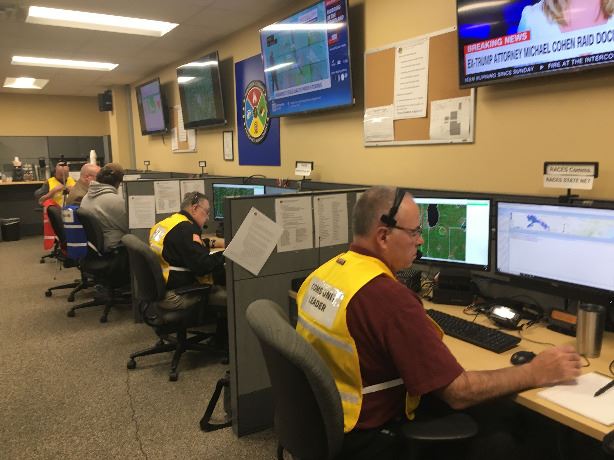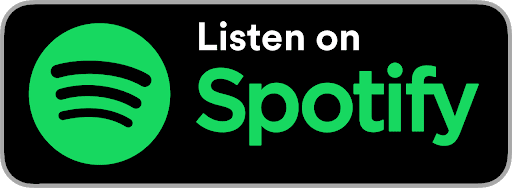Amateur Radio Qualification, You Can Learn From The Comfort Of Your Sofa.
The COVID-19 crisis has forced education systems worldwide to find alternatives to face-to-face instruction. As a result, online teaching and learning have been used by teachers and students on an unprecedented scale. Since lockdowns – either massive or localized – may be needed again in the future to respond to new waves of the infection until a vaccine becomes available to all. As a result, this has paved the way for learning to happen online in Amateur Radio and other hobbies. While we wait for classroom education to resume, there a lot we can learn online while we wait for the Covid-19 crisis to get under control around the world. Here is a quick guide to get you started in amateur radio or to expand your knowledge in Morse code or emergency communications.
Get your Basic and Advanced Amateur Radio Qualification Course in Canada

Amateur Radio Basic and Advanced Qualification courses are now being provided with both online and in person. RAC is pleased to include information about any courses provided by Canadian Amateur Radio Clubs on their website. In addition, both Radio Amateurs of Canada (RAC) and Radio Amateur du Québec Inc. (RAQI) also provide online courses. https://www.rac.ca/amateur-radio-courses/
HAM Radio Basic Training and Self Study. This training is designed to supplement classroom training. It should be used with additional study material. http://www.clares.ca/self/
Get your Amateur Radio Qualification Course in United States
In the US there are three license classes—Technician, General and Extra. From books to Youtube videos, to online classes, there is a lot of information out there to help you get started in Ham radio. The entry-level Technician License Exam requires around 10 hours of study for most people. The Technician and General License exams each have 35 questions, and the Amateur Extra has 50. In order to pass each test, you must get at least a 74%. For Technician and General, this means you must get 26 questions right out of the 35 questions. So how do you make sense of it all and finally get your license? Visit the ARRL website and find a course in your area and get your license today. http://www.arrl.org/getting-licensed
Taking the time to learn Morse Code

Although it may seem archaic, this simple alphabet of dots and dashes can be used to communicate beyond language barriers and convey essential information covertly—taking the time to learn Morse code might even save your life someday. In the 1990s the code requirement was eliminated for many Government requirements in Amateur radio and since then has been reduced to 5wpm for all classes that still required code and in 2007 the code requirement was eliminated entirely. Whatever your reason for learning Morse code now, we have some links on this page that will help you.
W1AW Code Practice Audio Files
Archive mp3 files of W1AW code practice runs at speeds 5wpm-40wpm.
The Ham Whisperer’s Morse Code Course
Eleven lessons to learn the International Morse Code. This course is designed to help you learn the Morse Code from the easiest to the hardest characters. It covers all 26 letters of the English alphabet, numbers 0 to 9, some punctuation marks, as well as some procedural signals.
Learn CW Online
You can learn and practice CW at various speeds and formats with words, letter groups, and call signs through the Koch method. Offers training for the unique QTC exchange used in the Worked All Europe contest.
Software designed to make it easy to learn Morse code, as well as improve the skills of those who already know the code.The basic methods used to achieve this are Koch’s method and Farnsworth timing.
Emergency Communications Training in Amateur Radio

Here are the links to a couple of Emergency courses that you can complete to keep the information fresh and keep ourselves engaged in Emergency Communications. The Hurricane season will be starting again in a month and a bit and forest fire season is already here. With the light snowfall this year the woods are starting out dry. I anticipate that we may have to help during fire season.
Radio Amateurs Canada has an Emergency Communicator course. The course is free but there is a $5 charge for the exam. It is an amazing course.
https://www.rac.ca/certified-emergency-coordinator/
FEMA in the USA has many Independent Learning courses that are free to take.
The Telecommunicator Emergency Course is a great one to start.
https://training.fema.gov/is/courseoverview.aspx?code=IS-144
FEMA IS Community Hurricane Preparedness is also a free course and pertinent to us here in HRM as the season starts again in June.
https://training.fema.gov/is/courseoverview.aspx?code=IS-324.a

